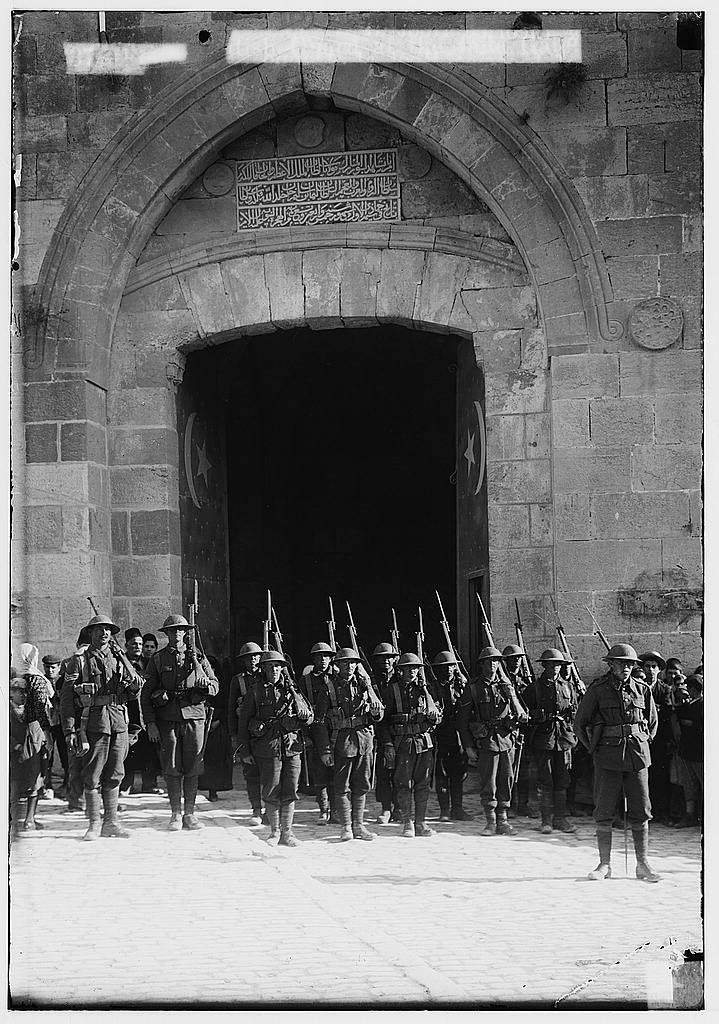Moshe Machover – Israelis & Palestinians: Conflict & Resolution
The Barry Amiel & Norman Melburn Trust 2006 Annual Lecture
"The first exceptional feature of Zionist colonization is that it was historically the last colonization project to get off the ground. And it is the last and currently the only one to remain active – active as in 'active volcano', as opposed to an extinct one. Other settler states have fulfilled their 'manifest destiny' (to use an American term, popular during the expansion of the US). Colonization there is over and done with. Not so in the present case. Present-day Israel is not only a product of the Zionist colonization project but also an instrument for its further extension and expansion. Colonization is ongoing."
How should we think about the Israeli–Palestinian conflict? Please note: how comes before what. Before coming to any substantive conclusions – certainly before taking sides – we must be clear as to how the issue ought to be approached.

It would be a mistake to start in normative mode. A moral value judgment must be made: I would certainly not advocate avoiding it. But we must not start with moral value judgments. Assigning blame for atrocities is not a good starting point. In any violent conflict, both sides may – and often do – commit hideous atrocities: wantonly kill and maim unarmed innocent people, destroy their homes, rob them of livelihood. And of course all these atrocities must be condemned.
Now, it is quite easy to show that Israel commits atrocities on a far greater scale, greater by several orders of magnitude, than its Palestinian (or other Arab) opponents. But this in itself is not a sufficient basis for taking sides. Israel does much greater harm, commits far greater atrocities, because it can: it is much stronger. It has an enormous war machine, one of the world's biggest in absolute terms, and by far the most formidable relative to its size.
So the balance of atrocities doesn't automatically imply that Israel is in the wrong.
Also, asking 'who started it?' is not helpful. Each side claims that it 'retaliates' for crimes perpetrated by the other. The media refer to it as the 'cycle of violence'; actually it is not really a cycle but a spiral chain. How far back do you go? And even if we go as far back as 'far back' goes, and find who fired the first shot – so what? Perhaps the one who fired the first shot was justified in doing so?
We should first address the issue in descriptive and analytic mode. We must ask: what is the nature of the conflict; what is it about? Understanding ought to precede judgment. When we understand what it is all about, then each of us can apply his or her moral criteria, and pass judgment. And only then, having understood the nature of the conflict and passed moral judgment, we can work out what would constitute a resolution of the conflict.
read the full article (pdf)
Moshe Machover spoke to these issues at a conference on Palestine in Edinburgh on Saturday January 26, 2008
Moshé Machover is an Israeli socialist, founding member of the Socialist Organization in Israel(Matzpen). He is a mathematician, emeritus Professor of Philosophy at King's College, London. He is author of several books, including Laws of Chaos: A probabilistic Approach to Political Economy (co-authored with Emmanuel Farjoun), Verso, 1983.
